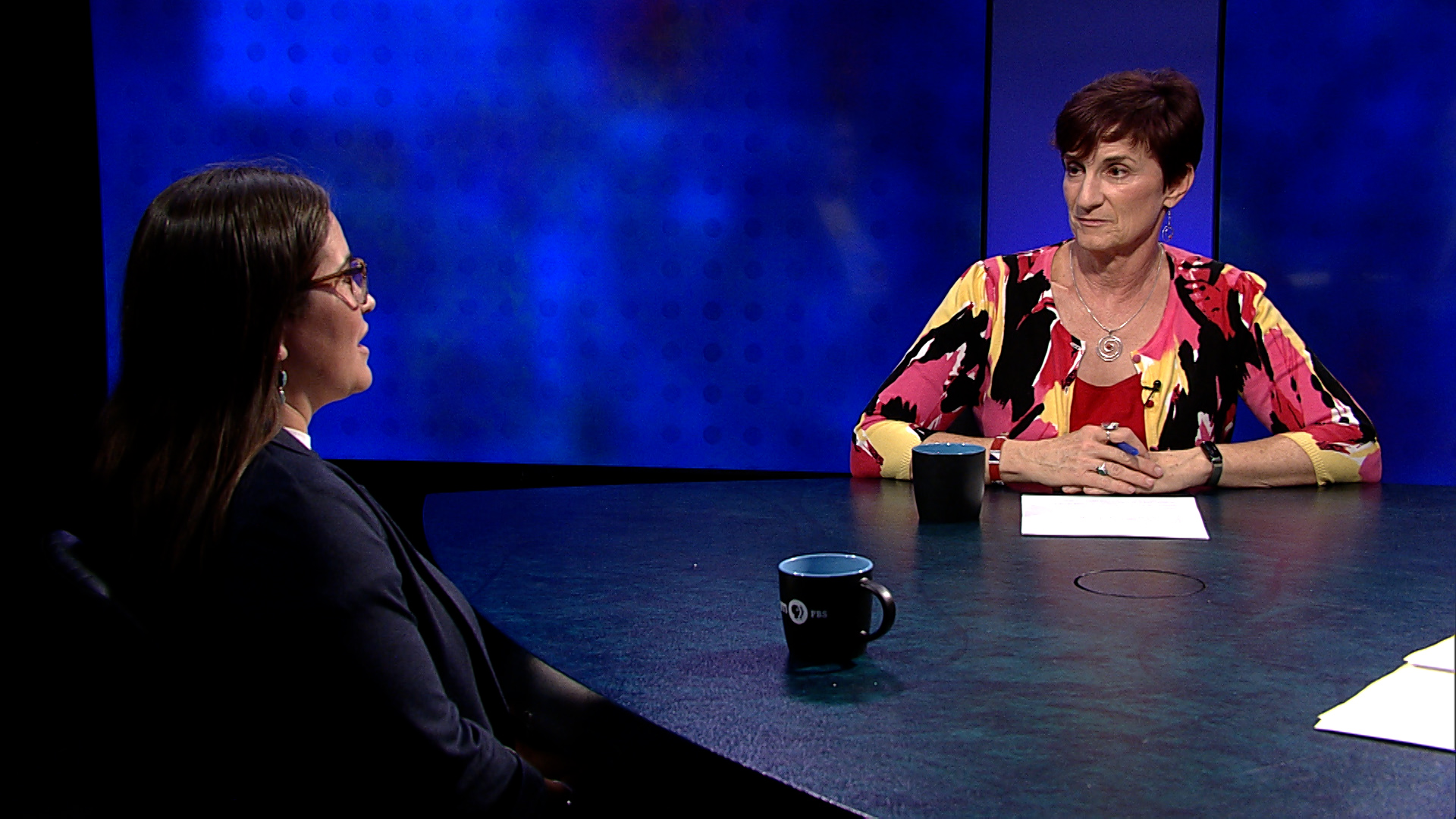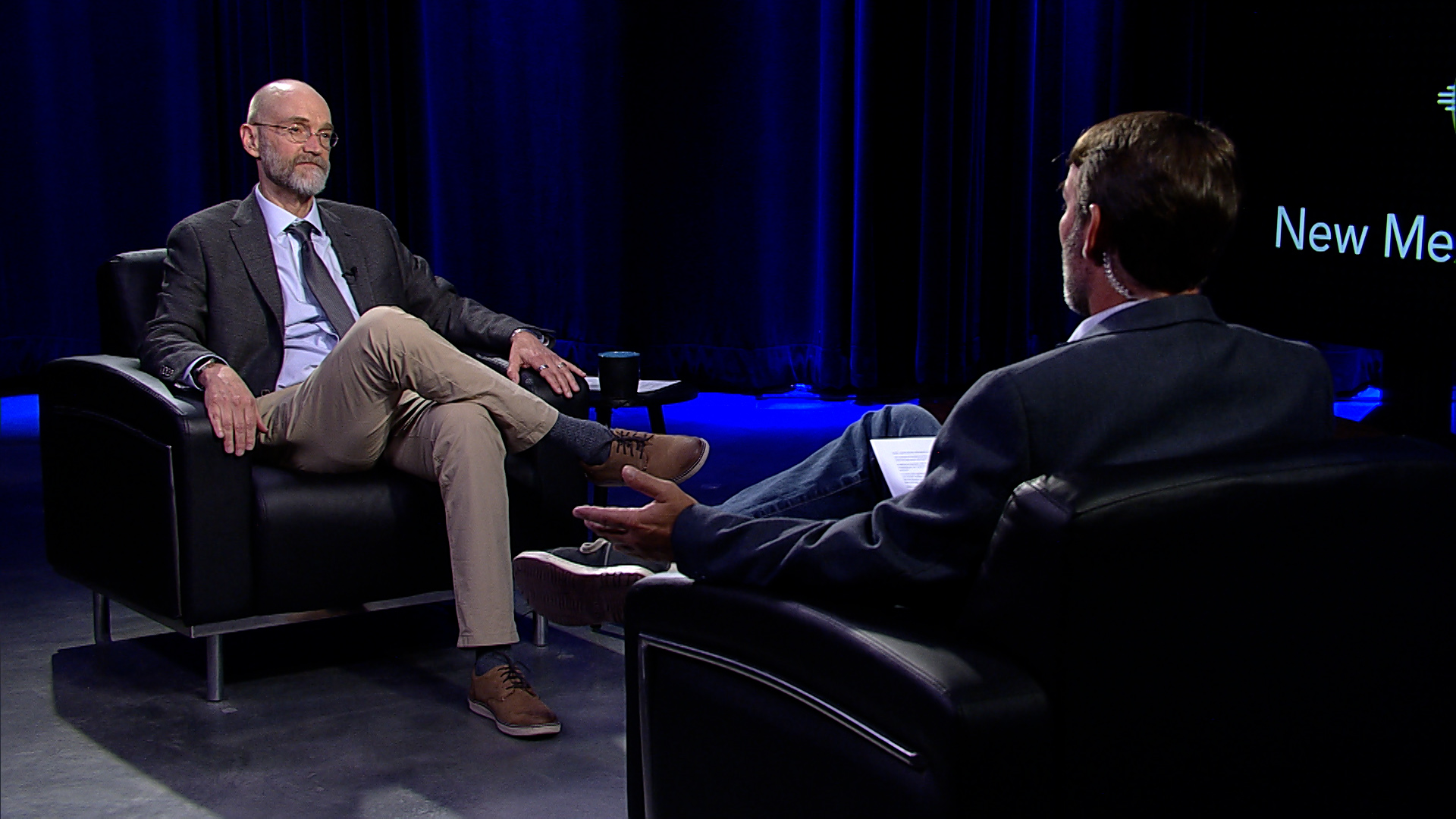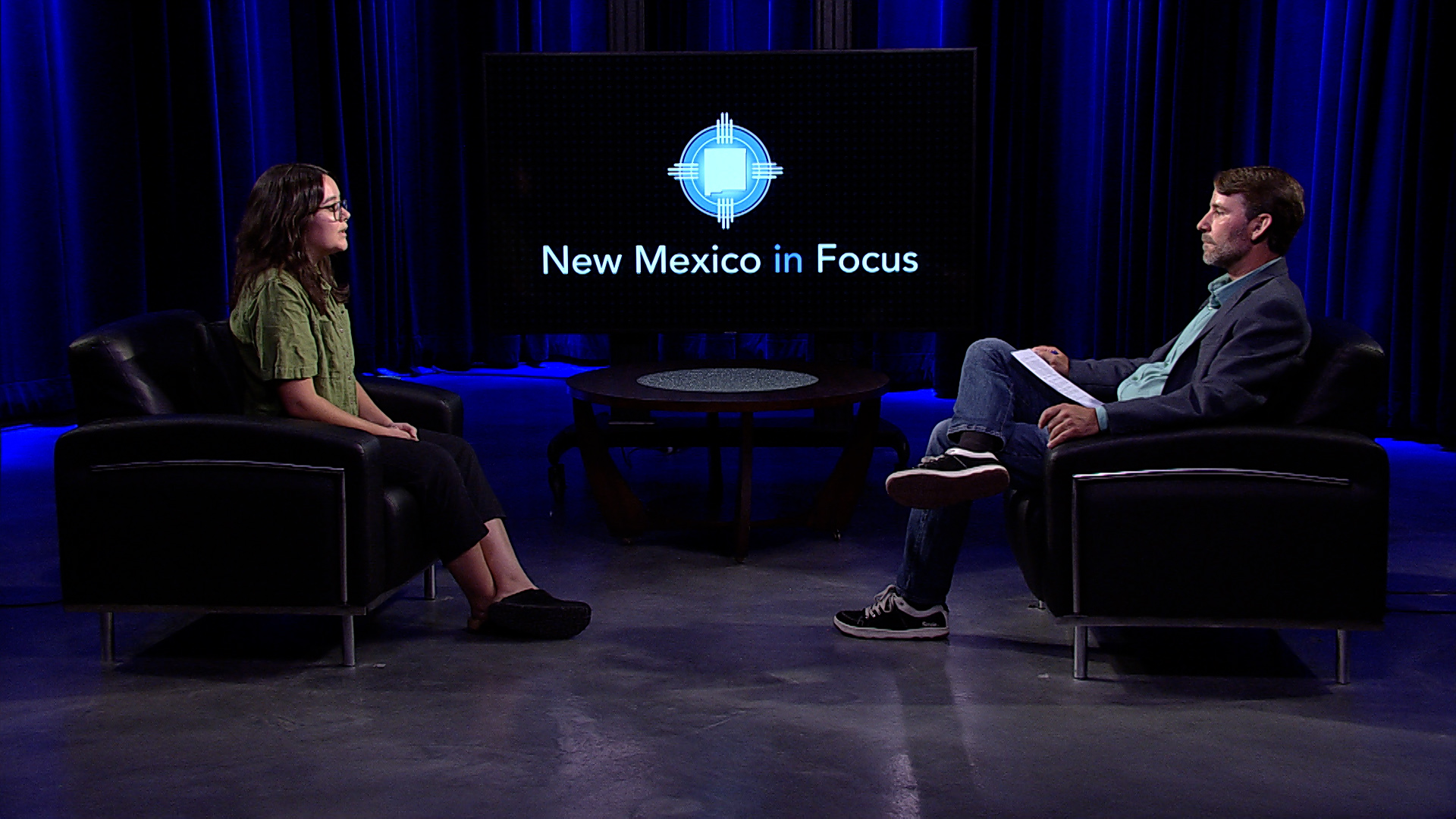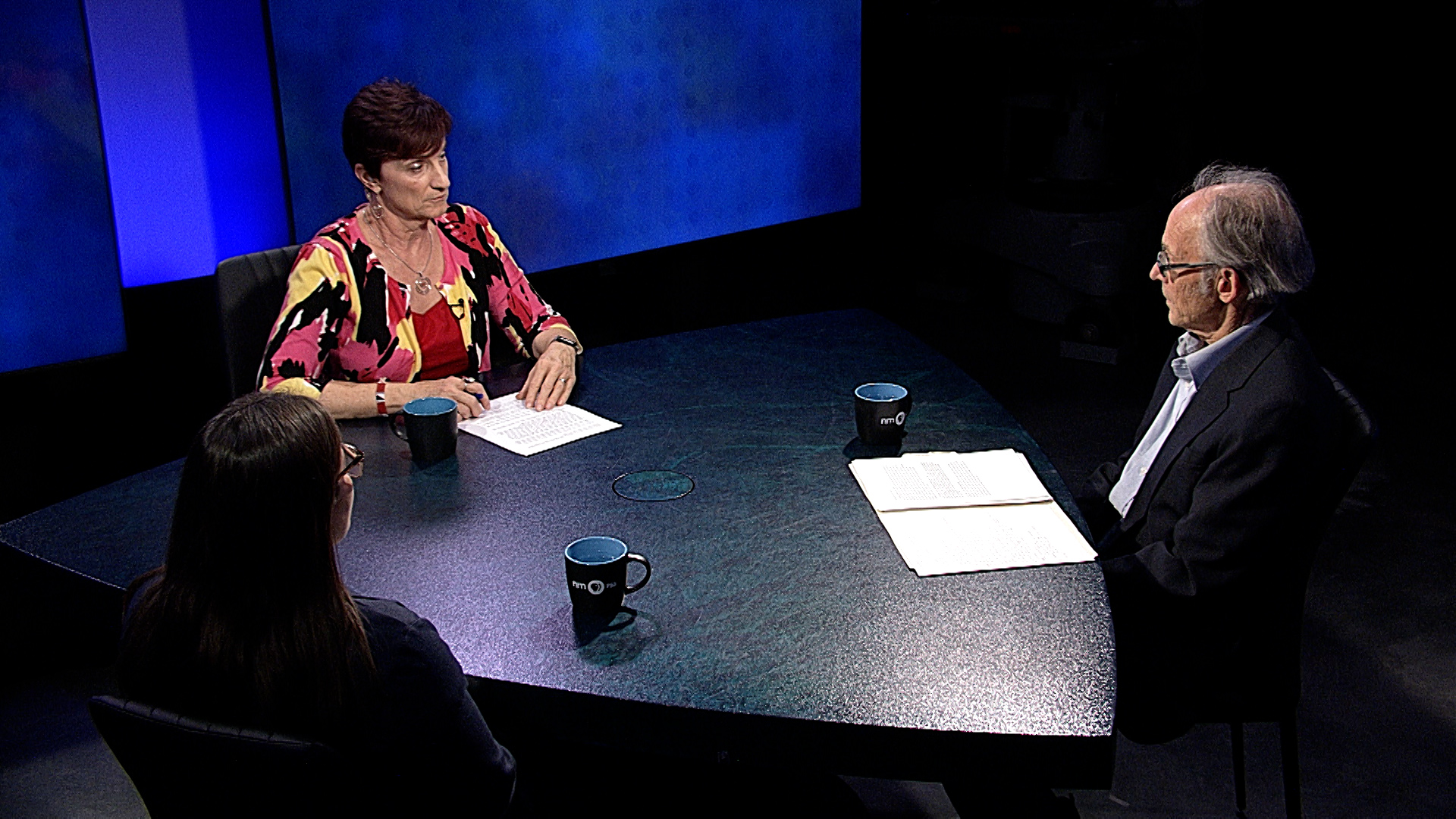A Quarter Century of Civil Liberties
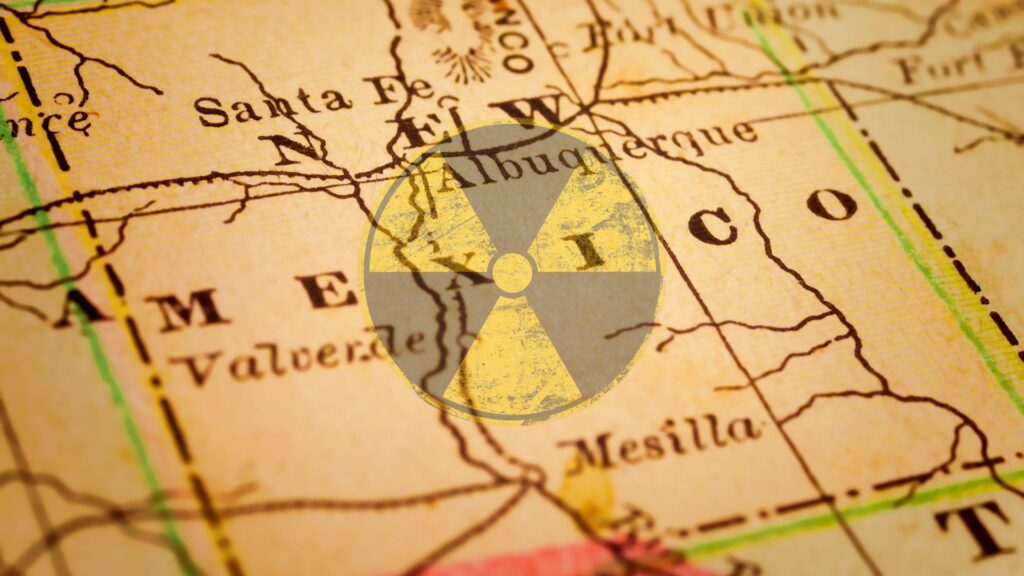
The Sept. 11 terrorist attacks hadn’t yet occurred when Peter Simonson took over as executive director of the American Civil Liberties Union of New Mexico. And what unfolded less than a year into his tenure would fundamentally alter the civil rights and liberties landscape in America forever.
Congress passed the U.S.A. Patriot in short order, then President George W. Bush signed it into law — effectively ending privacy as we knew it. Revelations about the government’s torture program, C.I.A. black sites and abuses at Abu Ghraib followed.
These were some of the big issues occupying the ACLU at the state and national levels in Peter’s first few years on the job. His time at the helm of the New Mexico affiliate is now stretching toward the end of its 24th year.
Many things have remained the same; far more have changed.
A couple weeks back, I asked Peter to come on New Mexico in Focus and talk with me about the arc of the last quarter century through the lens of civil rights and liberties. In the heat of a highly consequential presidential election and against the backdrop of rising anxieties following a series of devastating U.S. Supreme Court decisions, now seemed like a good time to look back — and ahead.
I met Peter when I was a student reporter at the Daily Lobo in early 2003. We’ve spoken countless times since then, as my career veered into investigative reporting focused on the criminal and civil legal systems. Peter and many others at the ACLU helped me understand more deeply the subject matter underlying my journalism and, in many instances, my stories informed the organization’s advocacy and policy work — including on issues such as police abuses in Albuquerque and beyond, the use of solitary confinement in our jails and prisons and clearly unconstitutional federal law enforcement operations.
Peter has been a trusted source for two decades, and I’m thrilled to let NMiF viewers see an extension of the conversation he and I have been having all these years. We spoke for nearly 40 minutes — not nearly enough time.
In part one of our conversation, which aired last week, we focused on the work and how it has changed since 2000. This week, we give you part two, which finds Peter and me talking about the ACLU’s bedrock priorities, new areas of struggle and what lies ahead. Thanks to Peter for making the time, and I hope you enjoy our conversation.
– Jeff Proctor, Executive Producer
-
Advocates Speaks Against Nuclear Expansion in NM
8.2.24 – In the second half of our roundtable discussion hosted by KUNM’s Megan Kamerick, the conversation shifts to how the…
-
Two Decades of Change at the ACLU of New Mexico
8.2.24 – In the second of a two-part interview, Peter Simonson talks with Executive Producer Jeff Proctor about how his organization…
-
Questions Surround MMIP Advisory Council
8.2.24 – New Mexico In Depth reporter Bella Davis breaks down with Executive Producer Jeff Proctor what we know and don’t…
-
Federal Officials Attend Town Hall on Nuclear Production in NM
8.2.24 – KUNM’s Megan Kamerick hosts a two-part conversation about a recent town hall meeting where federal officials heard concerns from…


